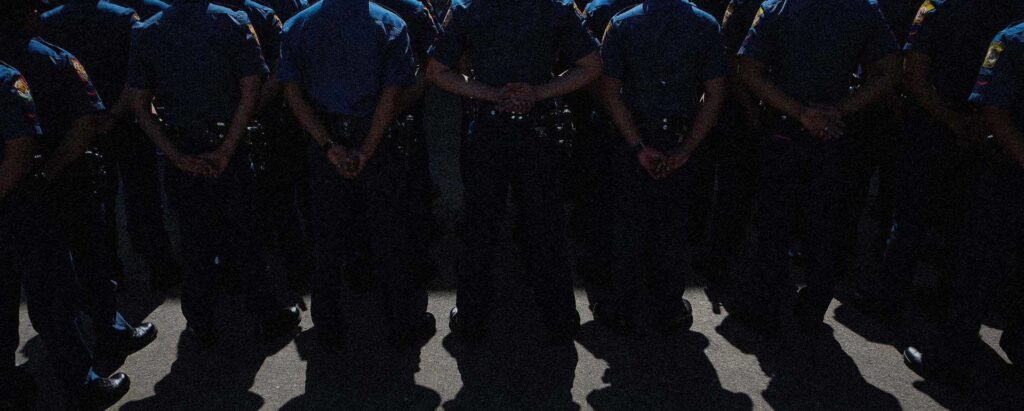The notorious UAE state security forces have committed crimes of enforced disappearance over years of repression and persecution of anyone who tries to oppose the ruling regime or express their opinion.
The Emirati authorities are detaining about 100 well-known political prisoners, most of whom have called for reform from the detainees of the “UAE 94” case, and others have tried to demand human rights and freedoms.
Reports by human rights organizations, including Amnesty International and Human Rights Watch, confirmed that the state’s security services treat political detainees harshly, and forcibly disappear them for several months, and perhaps years, before trying them in a show trial on flimsy charges.
The country’s security authorities set up many prisons, most notably Al Wathba and Al Razeen in Abu Dhabi, to hide and torture political detainees, using torture methods used by the worst prisons in the world, such as Guantanamo.
August 30 coincides with the International Day of Victims of Enforced Disappearance, amid demands from human rights bodies for the international community and concerned parties to intervene to stop the violations of the UAE state security apparatus in committing crimes of enforced disappearance against opponents, human rights defenders and individuals who exercise their right to peaceful expression.
The Center for the Advocacy of Emirates Detainees said that Emirati legislation contributes to encouraging enforced disappearance, in addition to the fact that the UAE refuses to abide by the International Convention for the Protection of All Persons from Enforced Disappearance, laws such as the “State Security Apparatus Law” allow the arrest of people without judicial warrants and prevent them from contacting the outside world for a period of up to 90 days under the pretext of investigation considerations.
The Center stated that since 2011 until today, other international organizations have documented hundreds of cases of enforced disappearance in which the UAE authorities have refused to cooperate or respond to inquiries related to them, and have also failed to punish the perpetrators of these crimes.
The Center referred to the case of the Emirati Jamal Al Hammadi, who has been missing for more than 9 years, and his family does not know anything about his fate. Jamal has disappeared since April 20, 2013 while returning to his home in Khorfakkan, and until this moment the UAE authorities refuse to give a clear answer about his fate.
DIDE call on the Emirati authorities to stop their continued approach of committing enforced disappearances, to hold those responsible to account, to immediately reveal the fate of human rights activists and to clarify the circumstances of their disappearances.
We also call on the Emirati authorities to investigate all cases of enforced disappearance that affected all prisoners of conscience in the country, on the occasion of the International Day of Enforced Disappearance.
“On August 30 of each year, the world celebrates the International Day of Enforced Disappearances, in order to shed light on the fate of individuals who have been forcibly imprisoned in unknown places and poor conditions. The Emirati authorities are required on this day to investigate all the incidents of enforced disappearance that have been documented against prisoners of conscience.


